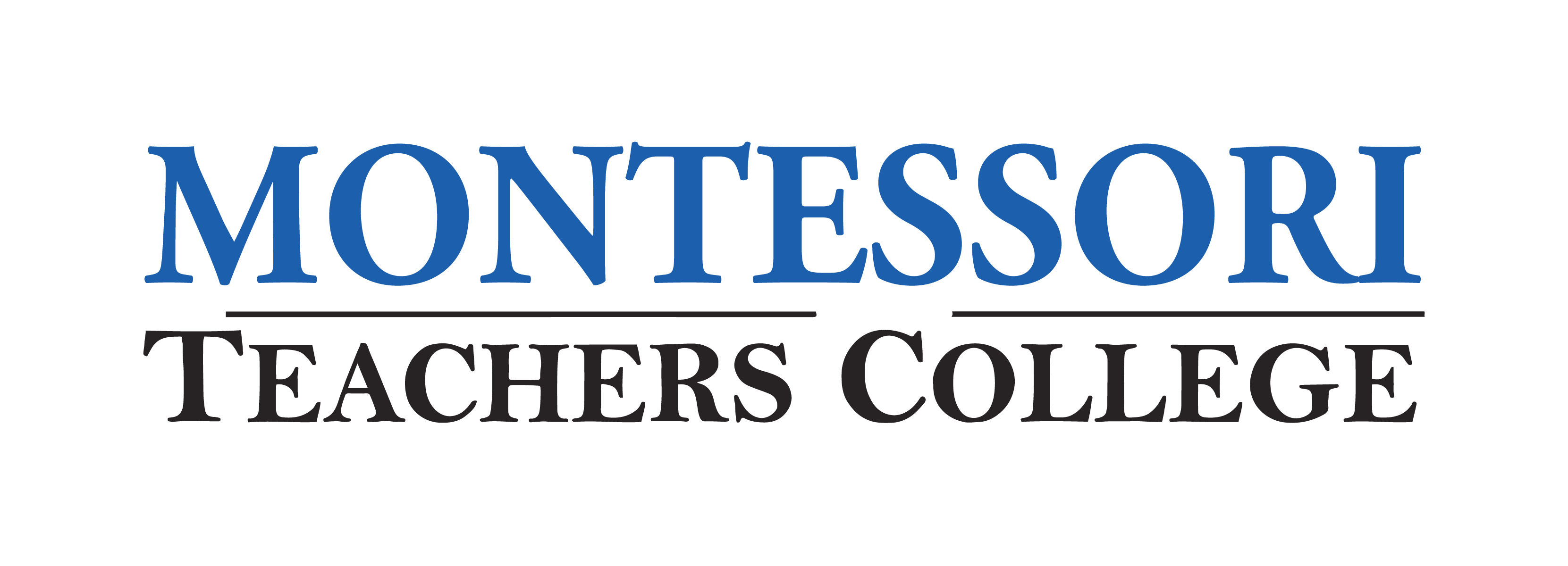Maria Montessori, born on this day in Chiaravalle, Italy (1870). She studied engineering when she was 13, and – against her father’s wishes – entered a technical school, where all her classmates were boys. After a few years, she decided to pursue medicine and became the first woman in Italy to earn a medical degree. It was so unheard of for a woman to go to medical school that she had to get the approval of the Pope in order to study there.
As a doctor, she worked with children with special needs, and through her work, with them, she became increasingly interested in education. She believed that children were not blank slates, but that they each had inherent individual gifts. It was a teacher as a guide to help children find these gifts, rather than dictating what a child should know. She emphasized independence, self-directed learning, and learning from peers. Children were encouraged to make decisions. She was the first educator to use child-sized tables and chairs in the classroom.
During World War II, Montessori was exiled from Italy because she was opposed to Mussolini’s fascism and his desire to make her a figurehead for the Italian government. She lived and worked in India for many years, and then in Holland. She died in 1952 at the age of 81.
She wrote many books about her philosophy of education, including The Montessori Method (1912), and is considered a major innovator in education theory and pedagogy.
